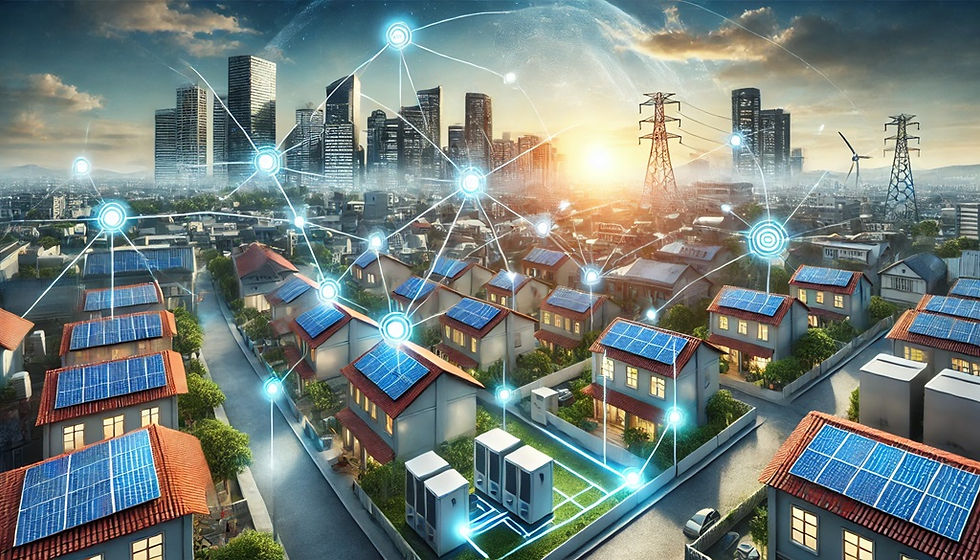Security-related disruption: insights from Photovoltaic systems performance in Southern Israel
- Soltell Admin

- Oct 10, 2023
- 2 min read
Updated: May 21, 2024
Security-related disruptions in the operation of photovoltaic (PV) systems are a concern in today's interconnected world. These disruptions can take various forms, from cyberattacks targeting the control systems of solar installations to physical tampering with PV panels and equipment. Such incidents pose a dual threat, impacting both the local energy supply and the overall security of critical energy infrastructure as solar becomes a significant share of the energy supply mix. Ensuring the integrity and resilience of PV systems is paramount, not only to maintain a consistent and uninterrupted energy supply but also to prevent potential vulnerabilities from being exploited by malicious actors. As the world continues to transition towards renewable energy sources, addressing the security challenges associated with PV systems becomes an essential component of safeguarding the reliability and stability of our energy infrastructure.

In the quiet Israeli agricultural village of Bnei Netzarim, nestled in the southern region of the country close to Egyptian border, life typically revolves around the rhythm of the sun. Agriculture is the main source of income and employment. Education segment and solar energy generation are secondary sources. Solar photovoltaic systems that adorn the rooftops of homes and businesses hum with energy, harnessing the boundless power of sunlight to fuel daily activities. Yet, the village is located in the Gaza Belt in the Western Negev desert, frequently experiencing disruption due to terror attacks from the nearby Gaza Strip.
Below is the story of the October 2023 attack in Southern Israel through the "eyes" of performance analytics - two photovoltaic systems in the Israeli agricultural village of Bnei Netzarim terminated operation around 6:30 on Saturday morning October 7th, resulting in Energy Performance Index (EPI) zero. The PV systems stayed idle until afternoon of the next day, resuming partial operation as the security forces cleansed the area of terrorists.

The security-related disruption that temporarily halted the operation of photovoltaic (PV) systems in Bnei Netzarim serves a reminder of the interconnectedness between energy infrastructure and the broader security landscape. The incident underscores the vulnerability of critical energy assets in conflict-prone regions, but also the quick recovery of solar energy assets. The ability of these systems to withstand and recover from such disruptions is a testament to their resilience and adaptability, reflecting the importance of safeguarding not only energy generation but also the communities they serve in regions where stability can be tenuous.
Solar PV systems are very dynamic and have a remarkable ability to quickly recover from unforeseen challenges, unlike centralized conventional energy generators. This brings solar PV systems to forefront of energy security in regions dealing with security and nature disaster threats.
Solar service providers - interested in advanced technology for measuring performance of PV systems without the need to install weather sensors at the site? Fill details to receive a demo or contact us.




Comments